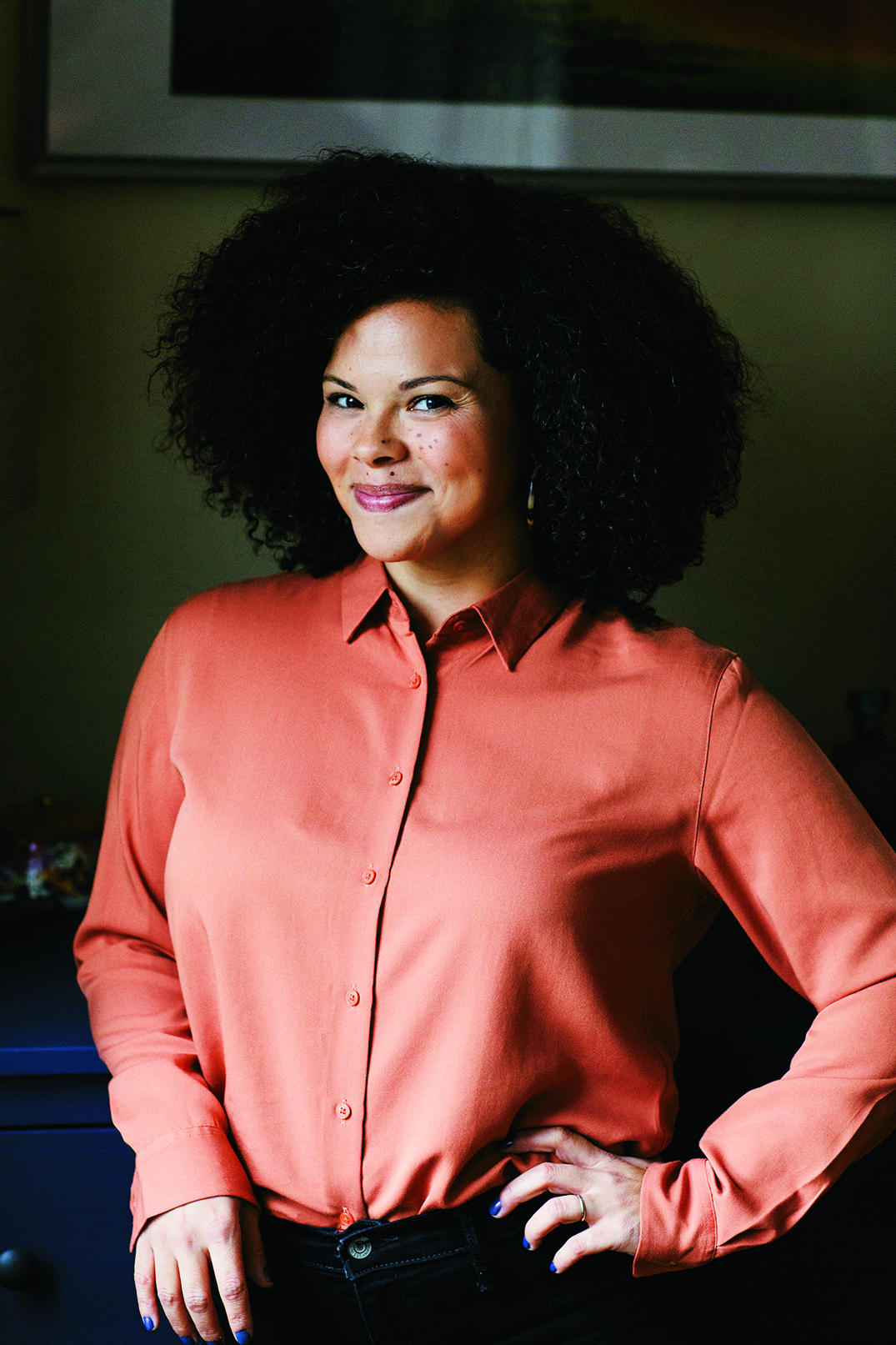To submit a question for the next featured agent, e-mail agentadvice@pw.org or write to Editor, Poets & Writers Magazine, 90 Broad Street, Suite 2100, New York, NY 10004. Questions accepted for publication may be edited for clarity and length.
Areas of interest: Narrative nonfiction, prescriptive nonfiction with a narrative component, essay collections, graphic memoirs/nonfiction, literary fiction, upmarket commercial fiction, graphic novels, author/illustrator picture books, illustrated middle grade, illustrated YA
Representative clients: Maisy Card, Tyler Feder, Minda Harts, Rachel Ignotofsky, Morgan Jerkins, Sharee Miller, Sonya Renee Taylor
Looking for: Please include a query letter in the body of an e-mail. All queries are reviewed within four to six weeks; authors will receive a response if there is interest.
Preferred contact: submissions@odommediamgmt.com
Agency contact:
Odom Media Management
26 Park Street, Suite 2202
Montclair, NJ 07042
odommediamgmt.com
Do I need to have my novel copyright-protected before submitting it to an agent/publisher?
Drew from Cincinnati
This is an easy one but also something I am sure many writers want to know. The answer is no. As part of your publishing agreement the publisher will register the book for copyright in your name.
I’m an incarcerated writer (unarmed bank robbery). I have had moderate success getting published in various literary journals, was featured in a segment of an NPR program, and am almost finished with a memoir. Will my current “living situation” discourage any agents from taking up my case? What, if anything, can I do to improve my chances of attracting the attention of an agent willing to work with me?
Dan from United States Penitentiary, Canaan, Waymart, Pennsylvania
In my experience an author cannot write a book for profit about a crime for which that author was convicted. But in your case the crime committed might just be a part of your life story and not the story itself. It sounds like you’ve done a solid job in getting your work out there and engaging with publicity channels. I suggest presenting yourself to agents the same way you do here and acknowledge head-on the context from which you’re writing. Think about any logistical roadblocks that might stand in your way, and be prepared to speak about possible solutions. Will your incarceration affect how and when you can communicate with your editor and agent? Will you be able to participate in publicity for the book? I also suggest researching published authors who were incarcerated when they sold or published their book—proof that it is not impossible.
I write because I enjoy it and it’s something to do while caring for my disabled wife. I have a website, self-publish my books using CreateSpace, and sell my fiction on Kindle and in print formats. I’m one of the little guys with a dozen tales. How would I entice an agent to even take a look?
Fred from Virginia Beach, Virginia
The first thing to ask yourself is: Do I want an agent? Once you have an agent, writing becomes less of a hobby and more of a business. You are then beholden to many other cooks in the kitchen, with money in the mix. If you’re successfully self-publishing your books in a way that works for you, you need to ask yourself what you want in a publishing career and decide how/why you’d want to work with an agent and subsequently a publisher. If you decide to seek out an agent, be sure to define the genre you’re writing in, describe the book you’d want the agent to represent, and be prepared to share sales data on previously self-published titles.
Many agents ask for outlines or summaries for nonfiction manuscripts and writing samples for fiction. My manuscript is a collection of memoir-based nonfiction. I want to pitch my writing sample instead of a summary. Am I shooting myself in the foot?
Jim from Westminster, Colorado
The good news is you get to do both! With memoir we expect to see both a chapter outline and chapter summary for the book along with substantial sample pages (more than you’d include in other nonfiction proposals because much of a memoir is in “the read”). In addition you should write a summary to show you know exactly what your book is about and how you’d describe it to potential readers.
(Photo by Sylvie Rosokoff.)









